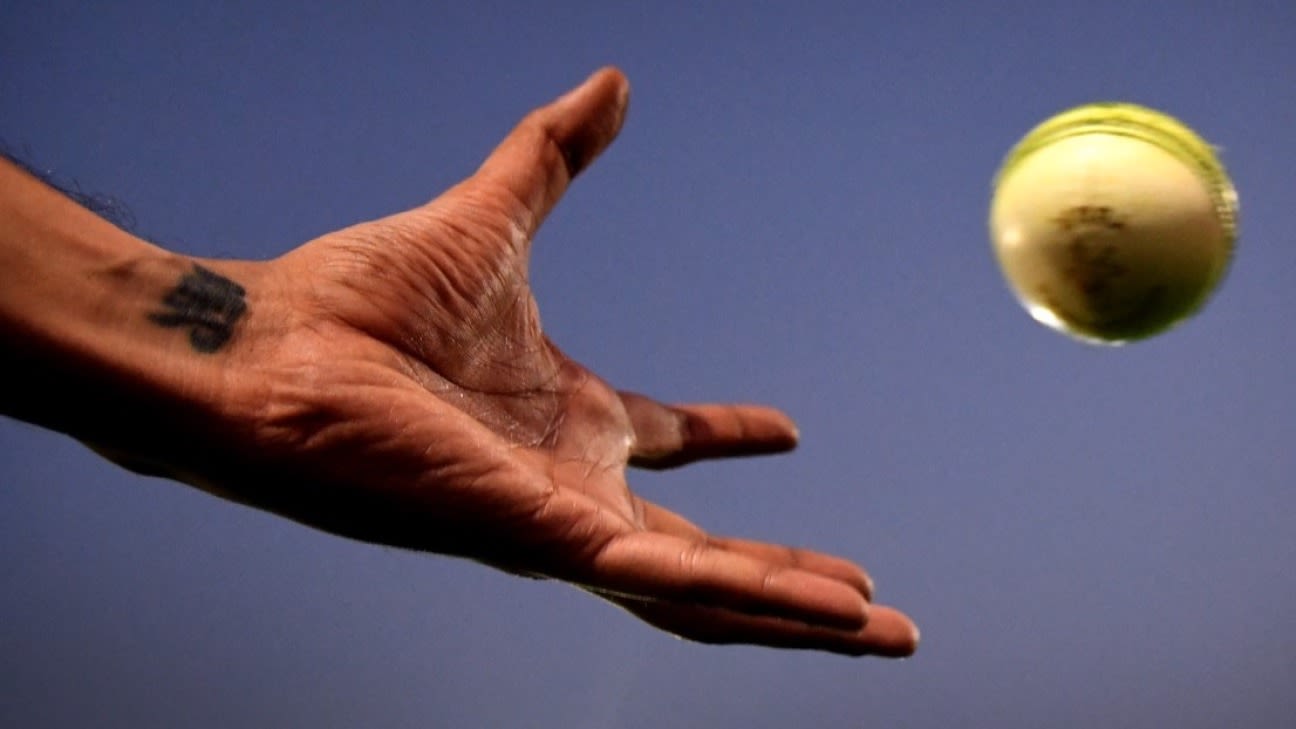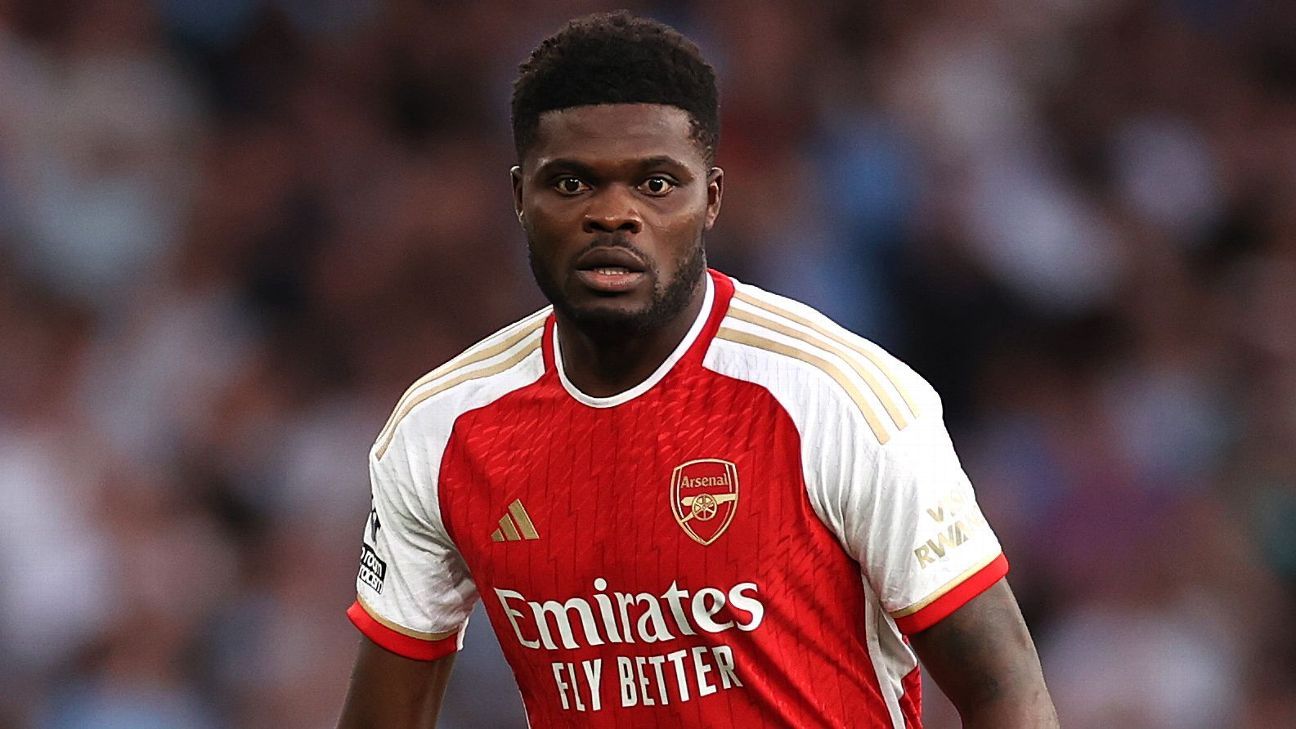Danielle McGahey set to become first transgender woman to play international cricket
Written by I Dig Sports
McGahey, a 29-year-old batter, is originally from Australia but moved to Canada in 2020. According to BBC Sport, which reported the story first, McGahey socially transitioned from male to female in 2020, before undergoing a medical transition a few months later in 2021.
On Thursday, the ICC confirmed that McGahey had fulfilled the eligibility criteria for male-to-female (MTF) transition to play international cricket. "We can confirm that Danielle went through the process as required under the ICC's Player Eligibility Regulations," an ICC spokesperson told ESPNcricinfo, "and as a result has been deemed eligible to participate in international women's cricket on the basis that she satisfies the MTF transgender eligibility criteria."
McGahey told BBC Sport that she was "absolutely honoured" to play as a transgender athlete at international level. "To be able to represent my community is something I never dreamed I would be able to do."
The Americas Qualifier, which will be played in Los Angeles, USA from September 4 to 11, will feature Argentina, Brazil, Canada and hosts USA. The winner will progress to the global Qualifiers where teams from other regional Qualifiers will contest for spots in the 2024 T20 World Cup, to be played in Bangladesh.
Qualification criteria for transgender players
The ICC amended the Player Eligibility regulations in 2021. In Article 3 of those regulations, dealing with eligibility based on gender recognition, the term transgender is defined as "individuals whose gender identity is different from the biological sex assigned to them at birth (whether they are pre- or post-puberty, and whether or not they have undergone any form of medical intervention)".
For a male transitioning into a female, the key rule that must be fulfilled is around testosterone levels, that "the concentration of testosterone in her serum has been less than 5 nmol/l (nanomole per litre) continuously for a period of at least 12 months, and that she is ready, willing and able to continue to keep it below that level for so long as she continues to compete in the female category of competition".
The ICC's existing regulations are based primarily on the International Olympic Committee's guidelines, which were essentially ten principles the IOC had noted in the document "Framework on fairness, inclusion and non-discrimination on the basis of gender identity and sex variations".
However, several medical experts and sports bodies were critical of the IOC's framework, including two of the principles that an athlete should not be "precluded" or "excluded" from competing on the "ground of an unverified, alleged or perceived unfair competitive advantage due to their sex variations, physical appearance and/or transgender status", and "any restrictions arising from eligibility criteria should be based on robust peer-reviewed research."
A majority of sports had already subscribed to the IOC's regulations on inclusion, formulated in 2015, which focused on the testosterone level. Those regulations stipulated that transgender women athletes have testosterone levels under 10 nmol/l and use testosterone-suppressing medication for at least a year.
In 2022, the IOC stated that each sport should have its own guidelines, but many sports have stuck to the original policy formulated on the 2015 guidelines.
ICC reviewing eligibility rules for transgender players
The ICC is in the process of conducting a detailed review, which is being led by its medical advisory committee, and is seeking detailed comments from stakeholders as to what the ICC's position should be moving forward. The regulations have been under review since March and the review is coming close to a conclusion with a possibility that the current regulations will change.
For the moment, McGahey is on the verge of making history.
Nagraj Gollapudi is news editor at ESPNcricinfo















 Phone: (800) 737. 6040
Phone: (800) 737. 6040 Fax: (800) 825 5558
Fax: (800) 825 5558 Website:
Website:  Email:
Email: 






